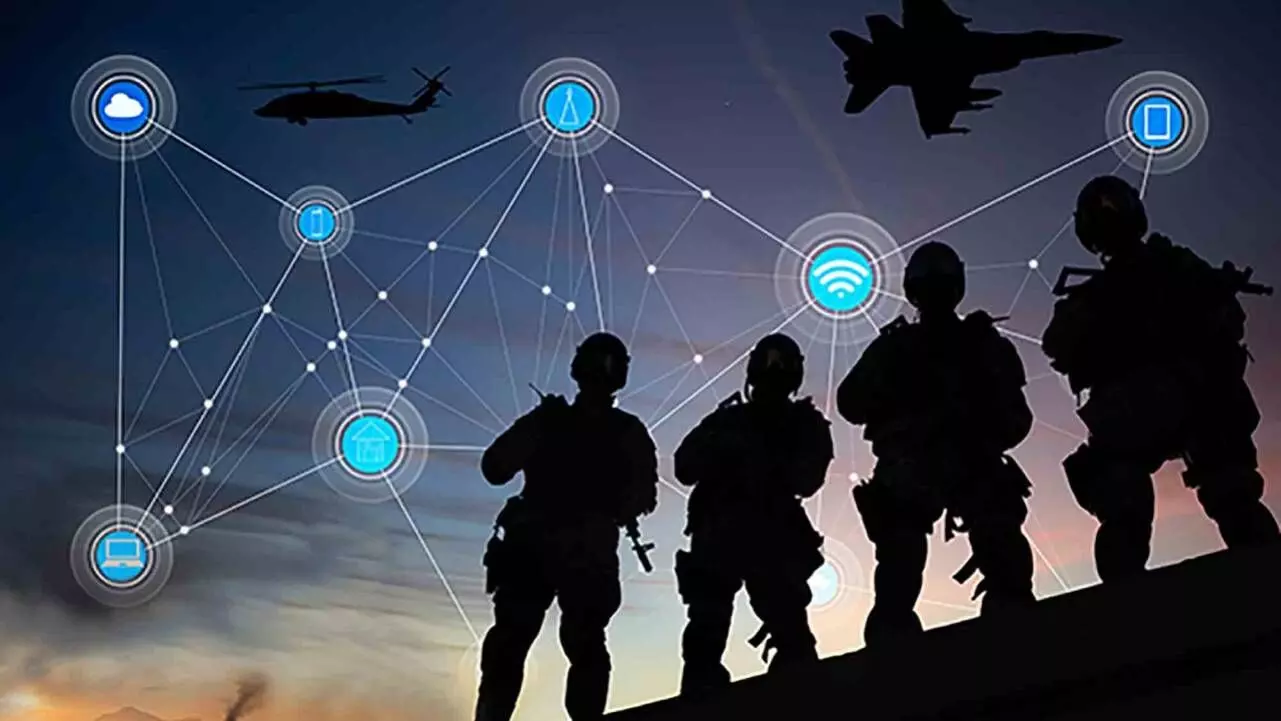Weaponizing IoT: The next frontier in conventional and asymmetric warfare
Using low-tech devices as weapons has opened up a new frontier and will force governments to reimage security measures. It will undoubtedly play a transformative role in the future of warfare, both in conventional battles and in the fight against non-state actors. At the same time, it raises ethical challenges that militaries and governments must address
With the increasing use of non-State actors such as Jaish-e-Mohammed & Hezbollah by countries like Pakistan and Iran, respectively, as proxy forces, intelligence organisations have had to adapt and enhance their capabilities. These agencies are now finding new ways not just to identify and track these actors but, in the setting of 6th-generation warfare, to neutralise them on a larger scale

This week, the world, especially intelligence agencies, geopolitical analysts, and terrorist organisations woke up to the news of thousands of targeted explosions executed using low-tech, off-the-grid communication devices that killed and injured terrorists.
Welcome !! to the era of 6th Generation Warfare, where the battlefields have gone hybrid, both physical and digital, and counter-terror strategies now include weaponising even the simplest technologies.
At this point, considering the resources, logistics, and meticulous planning involved, it remains speculative as to how anyone carried out such a covert operation. However, the scale and sophistication unmistakably point to one agency—Mossad. However, Israel has not officially confirmed any role in the sophisticated targeting of Hezbollah operatives.
Meanwhile, the weaponisation of communication devices has raised significant concerns, sparking debates about the security of our phones and other smart devices. Pathikrit Payne, a New Delhi-based Geopolitical Analyst and Senior Research Fellow at the Syama Prasad Mookerjee Research Foundation (SPMRF), in various YouTube discussions, underlined that the Internet of Things (IoT) and connected devices, could potentially transform everyday tools, including electric vehicles, into weapons.
Nation-States, particularly their intelligence agencies, are known for deploying innovative methods and devices to carry out their operations against their enemy and its terror modules. With the increasing use of non-State actors such as Jaish-e-Mohammed & Hezbollah by countries like Pakistan and Iran, respectively, as proxy forces, intelligence organisations have had to adapt and enhance their capabilities. These agencies are now finding new ways not just to identify and track these actors but, in the setting of 6th-generation warfare, to neutralise them on a larger scale.
So, the next logical question is, can India’s adversaries - Pakistan or China carry out such an attack on Indian security forces or installations?
According to Pathikrit, the Israeli operation is far more complex and beyond Islamabad’s capability. However, the same may not be true about Xi’s forces. Up until a decade ago, Beijing, with its close ties to certain political parties and vast resources, was able to infiltrate Indian telecom and other critical sectors by flooding local markets with cheap technologies and investments. Had it not been halted in 2014- our national security would have been at risk.
It is also true that a nation can target terrorists, but attacking another country’s security or national assets under covert operations will attract international reaction, which most democracies will avoid unless two or more nations are at war, as in the case of Russia - Ukraine.
The use of booby-trapped walkie-talkies and pagers in hybrid warfare underscores the critical importance of Aatma Nirbhar Bharat for India. According to Payne, this initiative goes beyond economic self-reliance and job creation; it plays a crucial role in protecting national security by minimising reliance on foreign technologies and investments in vital sectors. Building indigenous capabilities ensures India can safeguard its strategic interests while reducing vulnerabilities posed by external influences in key industries.
Till a couple of days ago, global military analysts were talking about cyberwarfare, space war, Iron Dome, drone technology, etc. However, the attacks across Lebanon have proved that as technology advances, the risks and threats can come from something as simple as IoT and connected devices.
The use of low-tech devices as unconventional forms of weapons will become more evident in the coming times; it will force governments, militaries, agencies and industries to reimage the counter security measures.
Weaponising simple communication devices has opened up a new frontier, and it will undoubtedly play a transformative role in the future of warfare, both in conventional battles and in the fight against non-state actors. While it offers powerful tools for surveillance, intelligence, and autonomous combat systems, it also introduces significant ethical challenges that militaries and governments must address.
As the lines between civilian and military life blur in this new IoT-driven world, the future battlefield may not be limited to physical space but extend to the digital domain, where data, devices, and connectivity will be the most powerful weapons.
(The author is Founder of
My Startup TV)

